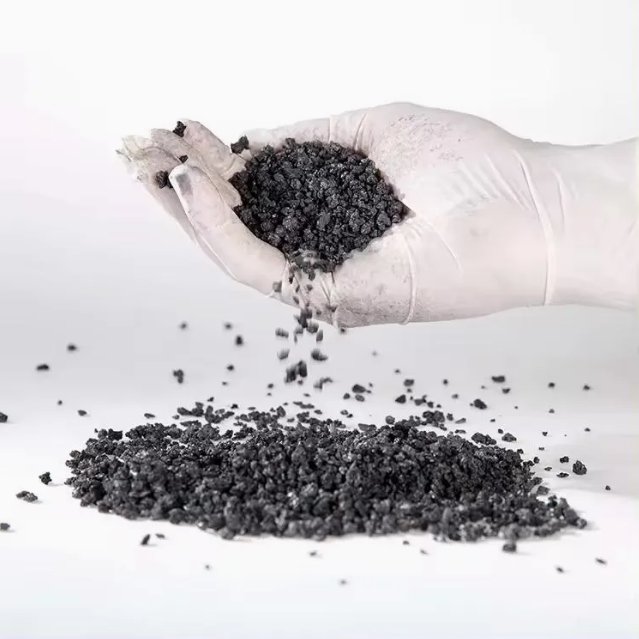
Petrol coke, also known as petcoke, comes from the crude oil refinery process. This byproduct from energy production is essential for many industrial processes, such as steel production. In the production process, petroleum coke helps reduce emissions that contribute to acid precipitation and other environmental issues. The high thermal stability makes petroleum coke a good fuel for blast-furnaces used in iron production.
Anode coke is the type of coke that is most commonly used in the iron and metal industry. It contains low levels of sulfur and has heavy metals. This coke can be produced in two forms: as sponge block coke by delayed cokers and as shot coke by fluid bed coalers. This type of coal is used in large amounts to make graphite electrodes and anodes that are used with aluminum and other nonferrous metals. A small percentage is also used for the production of anode rods, blocks, and other shaped products. Anode-grade coal must be very pure and clean to ensure quality in the metallurgical product.
In the steel production process, petroleum coke is used as a reducing agent in blast furnaces. The removal of impurities helps turn iron ore into steel. calcined oil coke is also used for producing refractory products that are needed to build blast furnaces and equipment that can withstand very high temperatures.
The key properties of petroleum coke for steel production are its high carbon content, low sulfur content, and thermal stability. The coke must also have a smooth surface to facilitate gas exchanges in the melting process. The coke must also have a low level of moisture so it doesn't absorb the moisture from the ore. This can cause a number of issues, including the formation of slag and other undesired chemical reactions.

A coke's strength is also a requirement. This is to ensure that it can handle the weight of the iron ore, which will be stacked atop it in the smelting stage. Coke must also be porous, allowing gases to pass through and promote rapid reactions between the iron ore.
Coke must also be free of sulphur and phosphorus. These contaminants can affect the quality of the steel produced and need to be removed. This can be done by scrubbing the coke in a fluidized bed reactor or by calcining it in a rotary kiln. The resulting coke is then referred to as anode grade coke, and it is used in the manufacture of alumina for aluminium and other non-ferrous smelting processes. The calcining process and the scrubbing process also reduce the amount sulfide oxides produced during the iron smelting. This reduces the amount of sulphur that must be absorbed from the coke in a separate desulfurization process.

Write a Message